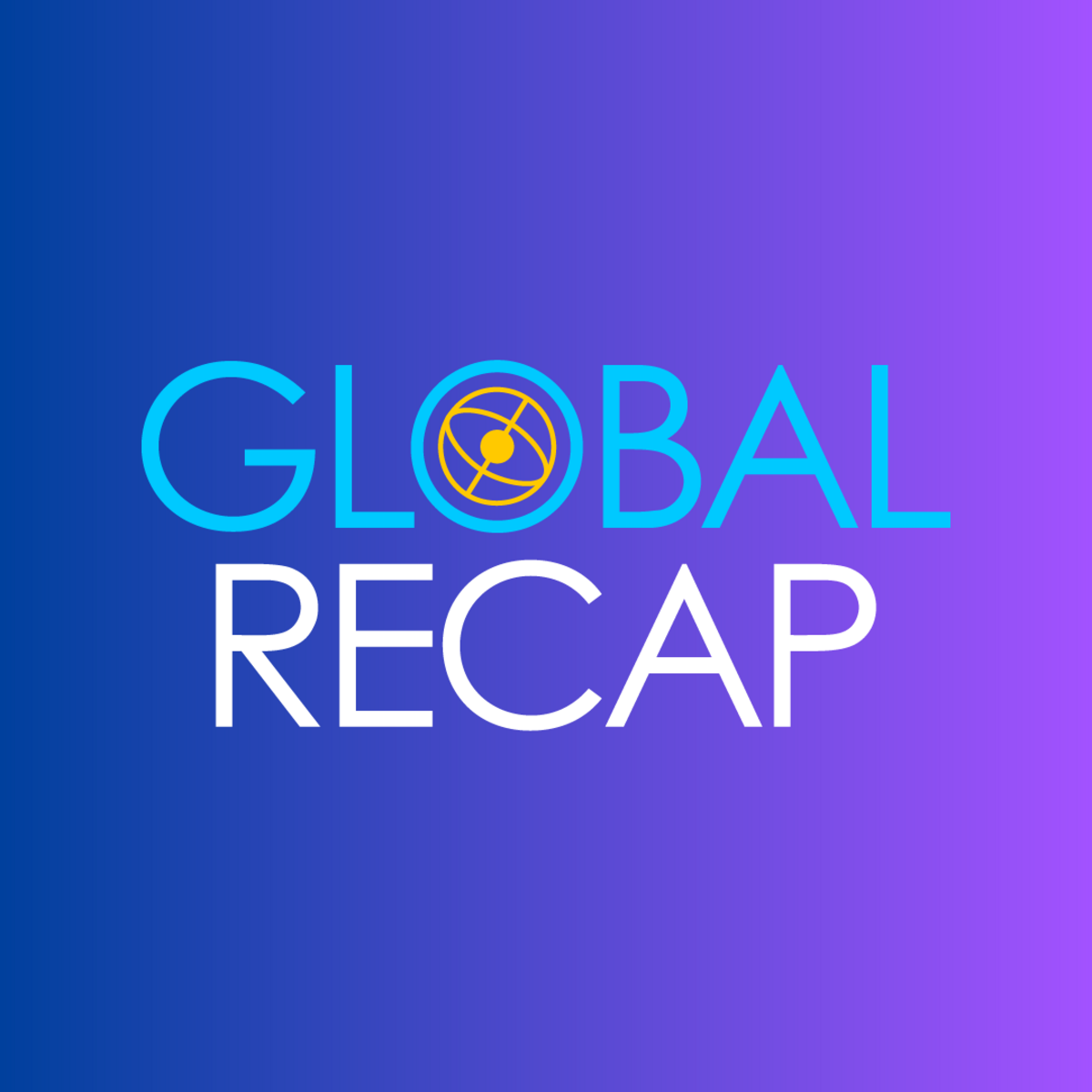
Hi Global Recap readers,
Imagine you're a US government employee stationed in China. You're surrounded by Chinese men and women, but your employer forbids you from dating them.
Is that a violation of personal freedom? After all, love isn’t exactly something you can control, is it?
🇺🇸 UNITED STATES
US Bans Romance in China

A past example: Christine Fang with Congressman Eric Swalwell (left) and with Congresswoman Judy Chu (right). Fang is a suspected Chinese spy who infiltrated US political circles by seducing politicians and cozying up to influential figures. She left the US in 2015 during the FBI investigation and has not returned.
The US government has now implemented a strict policy prohibiting its employees stationed in China from engaging in romantic or sexual relationships with Chinese citizens.
This move has sparked discussions about national security and personal freedoms.
Policy Details
The ban applies to all US government personnel in China, regardless of their role.
Violators of the policy will be required to leave China.
The policy does not extend to US employees stationed outside of China.
Origins of the Ban
Former US Ambassador to China Nicholas Burns introduced the policy before President Trump took office.
A trial version of the policy was tested in summer 2024, targeting specific consulates and the US embassy.
Burns expanded the policy to include all Chinese citizens in January 2025.
Congressional Concerns
The policy was reportedly influenced by concerns raised by members of Congress.
Lawmakers expressed worries about the lack of restrictions on relationships with Chinese citizens.
Burns acted on these concerns to implement the policy.
China's Similar Policy
If you think this is unfair, note that China has a comparable rule for its overseas personnel.
Chinese employees are barred from romantic or sexual relationships with foreign citizens.
This parallel policy highlights mutual concerns about national security.
Implications and Reactions
The ban has stirred debates about its impact on personal freedoms and diplomatic relations.
Critics argue it infringes on individual rights.
Supporters believe it strengthens national security measures.
📊 Poll
Here’s my personal take on it: This is a national security issue, plain and simple. Government employees aren’t just any workers—they often handle sensitive information.
Because of that, I believe it makes sense for the government to set strict regulations. If that doesn’t sit right with someone, a government job might not be the best fit.
But of course, that’s just my take, though. What do you think?
Do you think this ban is justified?

🇭🇺 HUNGARY
Hungary’s ICC Exit

Hungarian Prime Minister Orban (left) and Israeli Prime Minister Netanyahu (right).
Hungary has just announced that it’s pulling out of the International Criminal Court (ICC). This came right after Israeli Prime Minister Benjamin Netanyahu touched down in Budapest, despite an ICC arrest warrant hanging over him.
Hungary’s Bold Move
Hungarian Prime Minister Viktor Orban announced the withdrawal just hours after Israeli Prime Minister Netanyahu arrived in Budapest.
Hungary becomes the only EU country to exit the ICC.
The decision breaches Hungary’s obligations under the ICC treaty.
Withdrawal won’t take effect for at least a year.
Netanyahu’s Visit
If you thought Netanyahu’s visit was just another diplomatic trip, think again.
This marks his first visit to a country that recognizes the International Criminal Court’s jurisdiction since the arrest warrant was issued.
The ICC accuses Netanyahu of war crimes and crimes against humanity in Gaza.
Hungary ignored the warrant and welcomed Netanyahu with military honors.
Orban’s Defiance
Orban has a history of challenging international norms and EU expectations.
He’s aligned with the Trump administration’s disdain for global institutions.
Hungary’s Parliament never incorporated the ICC treaty into domestic law, giving Orban wiggle room.
Orban’s move highlights his “illiberal democracy” stance, which divides opinion in Europe.

🇫🇷 FRANCE
Macron’s Bold Call on US Tariffs

French President Emmanuel Macron
French President Emmanuel Macron has urged European companies to pause investments in the US following President Trump’s announcement of hefty tariffs on American imports.
🤔 Thoughts: In case you haven’t noticed, President Macron has been very vocal lately about aid to Ukraine and tariffs. It looks like he’s trying to step into the space the US appears to be leaving behind and fill it with France. Whether he’ll succeed is another question, but that definitely seems to be his play.
Macron’s Reaction
Macron didn’t mince words, calling the tariffs “brutal and unfounded.” He emphasized the need for Europe to respond strategically.
He suggested using the EU’s anti-coercion mechanism to counter the tariffs.
Macron hinted at targeting US digital services and financing mechanisms.
Impact on French Companies
The US tariffs have disrupted major French investment plans in the US.
A $20 billion shipping logistics project by CMA CGM (a French shipping company), which was previously praised by Trump, now faces uncertainty.
A $700 million investment in US energy infrastructure by Schneider Electric SE (a French multinational corporation) is also in limbo.

🇺🇸 UNITED STATES
Hegseth Skips Ukraine Meeting

US Secretary of Defense Pete Hegseth
US Secretary of Defense Pete Hegseth has decided not to show up for a key meeting on Ukraine support, marking a first since the group’s inception.
What’s the Big Deal?
Hegseth’s absence from the Ukraine Defense Contact Group meeting in Brussels is a major shift. This group, founded in 2022, has been pivotal in coordinating military aid to Ukraine.
Hegseth has already handed over leadership of these meetings to the UK.
His February comments about Ukraine’s NATO membership being “unlikely” signaled a departure from the US’s previous stance.
The Trump Administration’s Role
The Trump administration has been trying to balance between Ukraine and Russia—or at least it feels that way. 😬
Military and intelligence support to Ukraine has been inconsistent, aimed at pushing Kyiv to negotiate.
No penalties have been imposed on Russia, despite its refusal to agree to a ceasefire
Trump recently threatened tariffs on countries buying Russian oil but suspended sanctions on a Russian financier to host him in Washington.
Russia was left off the list because, as White House Press Secretary Leavitt explained, US sanctions on Russia “preclude any meaningful trade.” That’s also why Cuba, Belarus, and North Korea didn’t make the list.
Russia's Not Budging
While the US wavers, Russia’s playing the long game.
Gen. Christopher Cavoli called Russia a “chronic” threat that’s only growing scarier.
Russia’s teaming up with Iran, China, and North Korea, which is causing serious global anxiety.
What’s Next?
With Hegseth skipping the meeting and the US stepping back, doubts are growing about the future of support for Ukraine. Meanwhile, Russia appears to be playing the long game, counting on time to wear Ukraine down.

